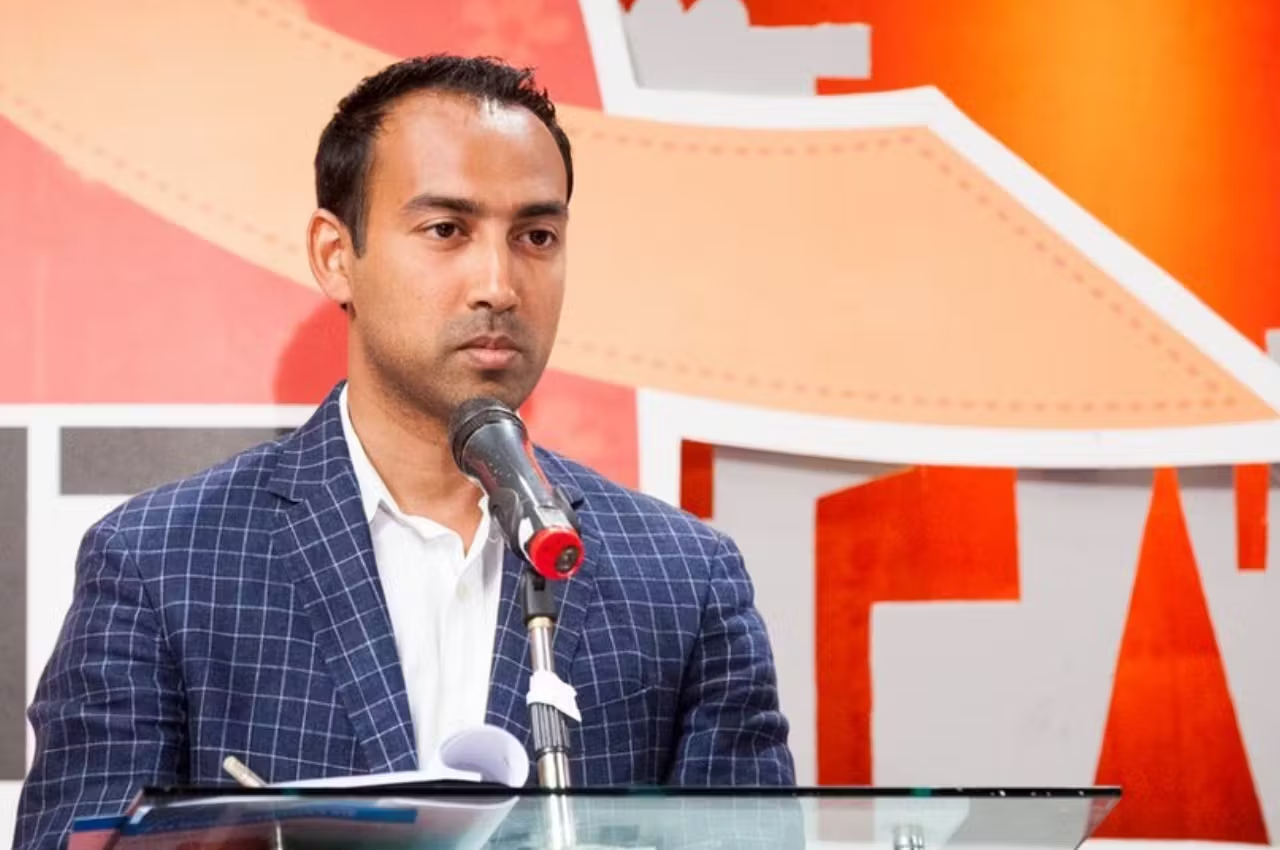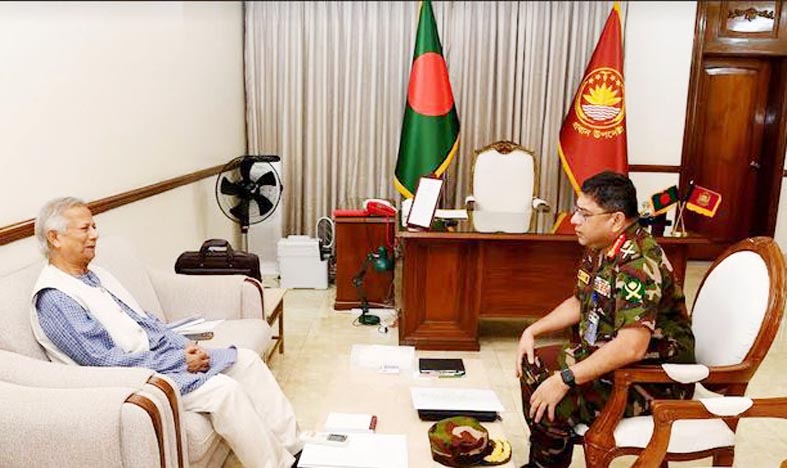
Online Desk: The treatment of the paradise-like valley of Kashmir and its people by the stubborn, extremist Hindu rulers of India is a glaring example of global bias. Otherwise, it would be impossible for the international community, which claims to champion humanity, to refrain from addressing India’s state terrorism. It should be the duty of the global community, human rights advocates and the United Nations to fulfil their promises to the people of Indian-occupied Kashmir.
On the occasion of October 27, we will tell the international community and especially the Indian government that the time has come to grant the Kashmiris, who have been exploited and kept in chains of slavery for 77 years, their right to self-determination so they can live as they wish. October 27 is a day to renew our pledge. Until Kashmir and its people gain their freedom, Black Day will remain a stain on the conscience of those self-proclaimed and biased custodians of humanity.
Not a single day passes in the state of Jammu and Kashmir without unarmed and innocent Kashmiris facing brutality and state oppression at the hands of the occupying Indian army and the local puppet government. These atrocities by India have been ongoing since the partition of the subcontinent, but Modi’s government has broken all past records. Indian state terrorism in the occupied valley is now at its peak. The whole world is well aware that the people of occupied Jammu and Kashmir are engaged in a peaceful political struggle for their right to self-determination. These defenceless and peace-loving people simply want the right to decide their political future which is undoubtedly a legitimate and legal demand.
The Kashmiri people are fighting for the restoration of their basic rights, guaranteed by the United Nations and the Human Rights Commission. In such circumstances, the oppressed Kashmiris have the right to ask where the international community, the so-called champions of human rights, is and when the global conscience will awaken. Jurists from Grotius to the present agree that if a state denies its citizens basic human rights, safety, and freedom of religion and conscience, other states have the right to intervene. The UN Charter’s preamble affirms the international community’s commitment to human rights, dignity, and global peace. Article 1 outlines the UN’s objectives, including promoting human rights, self-determination, and freedom, urging global action and cooperation.
Under Article 13, the General Assembly is tasked with studying and making recommendations for achieving these goals and encouraging nations to follow them. Since the UN Charter is an agreement between its member states, it is legally binding for them to respect and promote human rights and the right to self-determination. Jammu and Kashmir today is a challenge for global conscience, and every country in world has the legal and moral right to intervene in Jammu and Kashmir and take punitive action against India.







